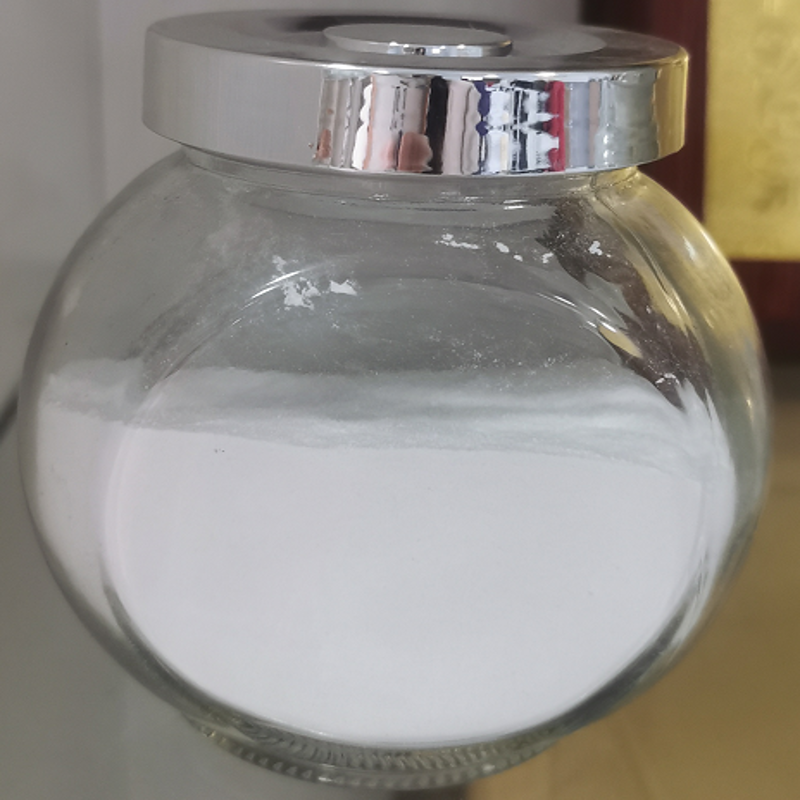China's unapproved lysine sulfates exported to Europe
-
Last Update: 2020-06-30
-
Source: Internet
-
Author: User
Search more information of high quality chemicals, good prices and reliable suppliers, visit
www.echemi.com
, on September 24, 2014, several batches of Chinese lysine sulfate products were found to be ineligible in some EU member states, according to foreign media reportsyQw
According to official accounts, the L-lysine sulfates tested in China are produced through fermentation of Ecoli strains, which are not permitted under EU lawyQw
EU Feed Additives Register 3.2.5 stipulates that, at present, only one strain used in the production of lysine sulfates is approved, namely glutamate bacillusTherefore, regardless of the manufacturer, all fermented lysine sulphates are produced using glutamate bar-like bacteria in order to comply with EU regulations dir88/485/EECHowever, lysine sulfates produced by Ecoli are neither authorized by Europe nor evaluated by the European Food Safety AuthorityyQw
A spokesman for the French Competition and Fraud Council (DGCCRF) confirmed that the matter was currently under discussion in FranceThis issue was also discussed at the EU Standing Committee on Food Chain and Animal Health (Animal Nutrition Section) held in mid-September 2014yQw
Each year, China's lysine sulfates are exported to the European Union by about 20,000 to 30,000 tons Some end-users in EU countries say they are actively looking for other sources of lysine in light of the situation It is understood that the EU end-users have signed a considerable amount of Chinese lysine sulfates, and will be delivered in the fourth quarter of 2014 Replacing these products will go a long way to driving up European market prices yQw
In the past ten days, the spot price of lysine hydrochloride in Europe has risen sharply The previous price of EUR 1.45/kg has risen to 1.60-1.65 euro/kg, mainly from Western European manufacturers yQw , according to foreign media reports, on September 24, 2014, several batches of Chinese lysine sulfate products were found to be ineligible in some EU member states yQw
According to official accounts, the L-lysine sulfates tested in China are produced through fermentation of E coli strains, which are not permitted under EU law yQw
EU Feed Additives Register 3.2.5 stipulates that, at present, only one strain used in the production of lysine sulfates is approved, namely glutamate bacillus Therefore, regardless of the manufacturer, all fermented lysine sulphates are produced using glutamate bar-like bacteria in order to comply with EU regulations dir 88/485/EEC However, lysine sulfates produced by E coli are neither authorized by Europe nor evaluated by the European Food Safety Authority yQw
A spokesman for the French Competition and Fraud Council (DGCCRF) confirmed that the matter was currently under discussion in France This issue was also discussed at the EU Standing Committee on Food Chain and Animal Health (Animal Nutrition Section) held in mid-September 2014 yQw
Each year, China's lysine sulfates are exported to the European Union by about 20,000 to 30,000 tons Some end-users in EU countries say they are actively looking for other sources of lysine in light of the situation It is understood that the EU end-users have signed a considerable amount of Chinese lysine sulfates, and will be delivered in the fourth quarter of 2014 Replacing these products will go a long way to driving up European market prices yQw
In the past ten days, the spot price of lysine hydrochloride in Europe has risen sharply The previous price of EUR 1.45/kg has risen to 1.60-1.65 euro/kg, mainly from Western European manufacturers yQw
Share it on feed
This article is an English version of an article which is originally in the Chinese language on echemi.com and is provided for information purposes only.
This website makes no representation or warranty of any kind, either expressed or implied, as to the accuracy, completeness ownership or reliability of
the article or any translations thereof. If you have any concerns or complaints relating to the article, please send an email, providing a detailed
description of the concern or complaint, to
service@echemi.com. A staff member will contact you within 5 working days. Once verified, infringing content
will be removed immediately.







